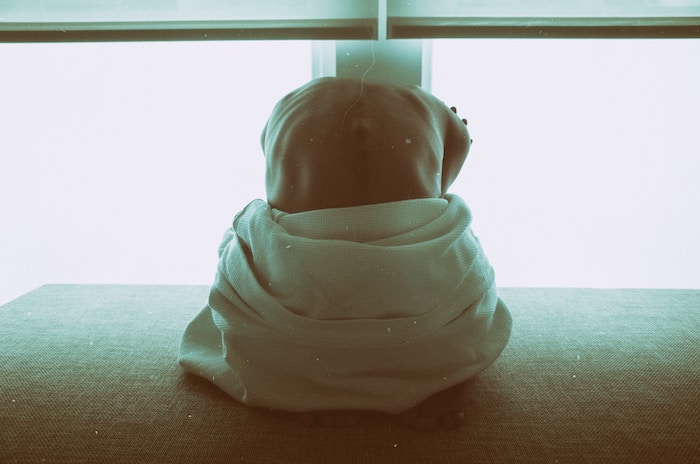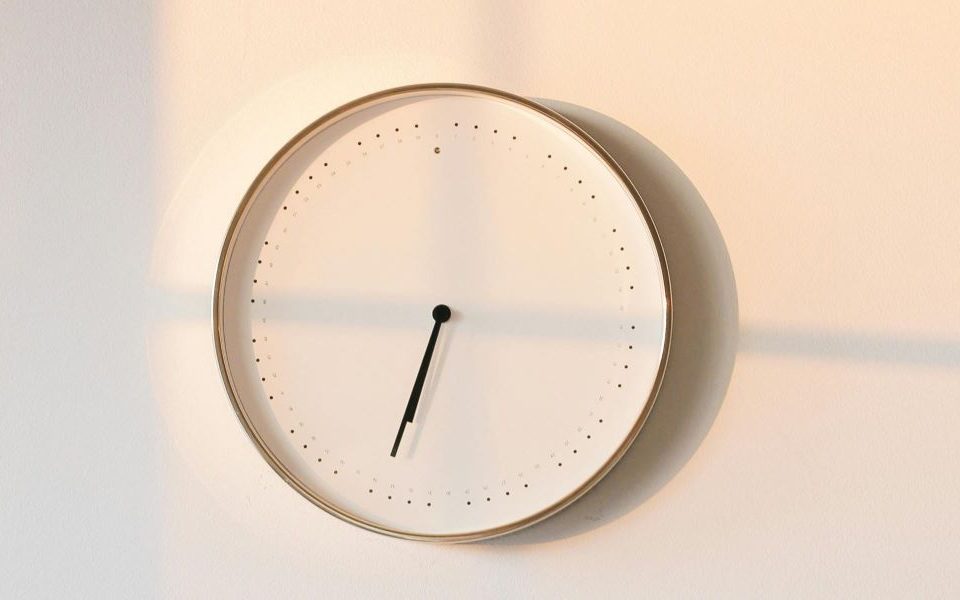
How Sleep Impacts Sex
September 3, 2021
Natural Sleep Aids
October 1, 2021Obstructive sleep apnea (OSA) is one of the most common sleep disorders that affects your breathing while asleep. More than 3 million Americans a year suffer from OSA, with the majority being older men. OSA is when the throat muscles periodically relax resulting in a blockage of the airway. When the airway is blocked throughout sleep it can cause you to stop and start breathing. There are several symptoms of OSA with the most common being snoring. Some other symptoms include waking up in the middle of the night to choking or gasping, waking up in the morning with a headache, dry mouth or sore throat, high blood pressure, and decreased libito. Some factors that cause OSA are age/gender, with men middle age and older being the largest demographic, obesity, craniofacial/upper airway abnormalities and neck size. Along with the causes listed above, some other causes include smoking, family history, and nasal congestion. Some preexisting conditions can also increase your chances of experiencing OSA such as Parkinson’s disease, chronic lung disease, pregnancy, type II diabetes, and polycystic ovarian syndrome to name a few.
Since OSA is a sleep disorder it can hinder your ability to get a good night’s rest. To wake up fully rested, you need to reach REM, the final stage of the sleep cycle, which requires 90 minutes of uninterrupted sleep. If you are constantly being woken up because you cannot breathe or you feel as though you are choking, you are disrupting your body while it is trying to rest. A poor night’s sleep can cause complications in your day-to-day life from feeling groggy, inability to concentrate, irritability, and depression. If you are suffering from symptoms of OSA, it is important to see a medical professional to seek treatments.
Treatments for OSA include oral appliances, such as a mouthpiece or mouthguard, continuous positive airway pressure (CPAP) therapy, and in rare cases surgery. The treatment that is used most often is CPAP therapy which is a machine that allows the patient to receive pressurized air by wearing a face mask with a connective hose. There are different types of face masks for CPAP therapy with some covering your nose and mouth and some that fit under your nose (nasal pillow). For some people, the masks that cover your nose and mouth might cause a feeling of claustrophobia therefore a nasal pillow might be more suitable for them. Finding the correct size mask for CPAP therapy may initially be difficult and discouraging but with the help of your medical professional, you can find the perfect mask for you that will ensure a comfortable, uninterrupted night of sleep. New technologies such as custom molding for mouthpieces can tremendously help patients who find traditional CPAP masks uncomfortable.
Psychologists can also help with CPAP desensitization, if you are having issues with CPAP therapy feel free to reach out!




